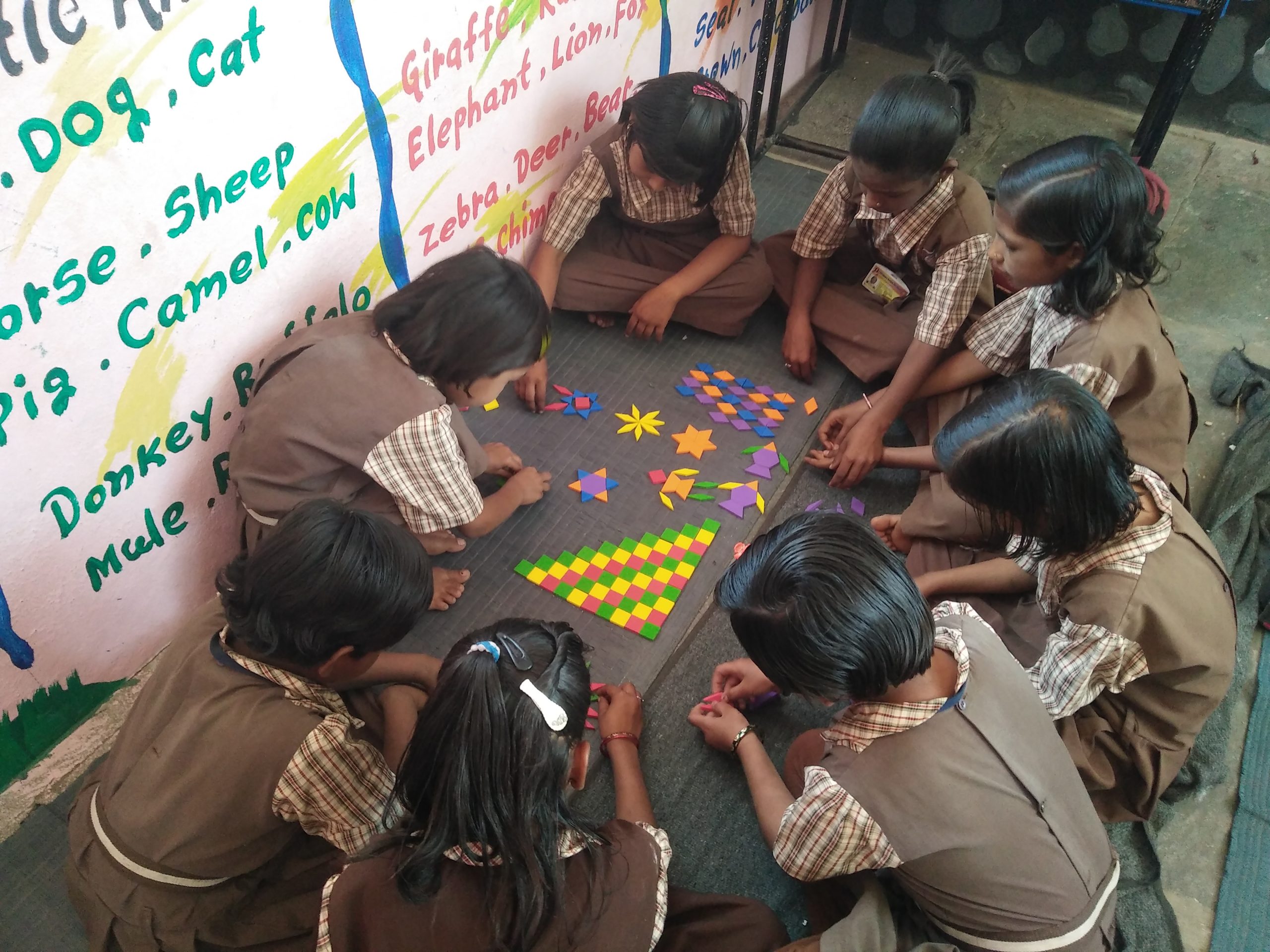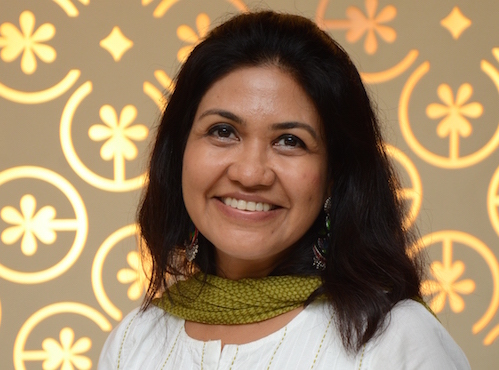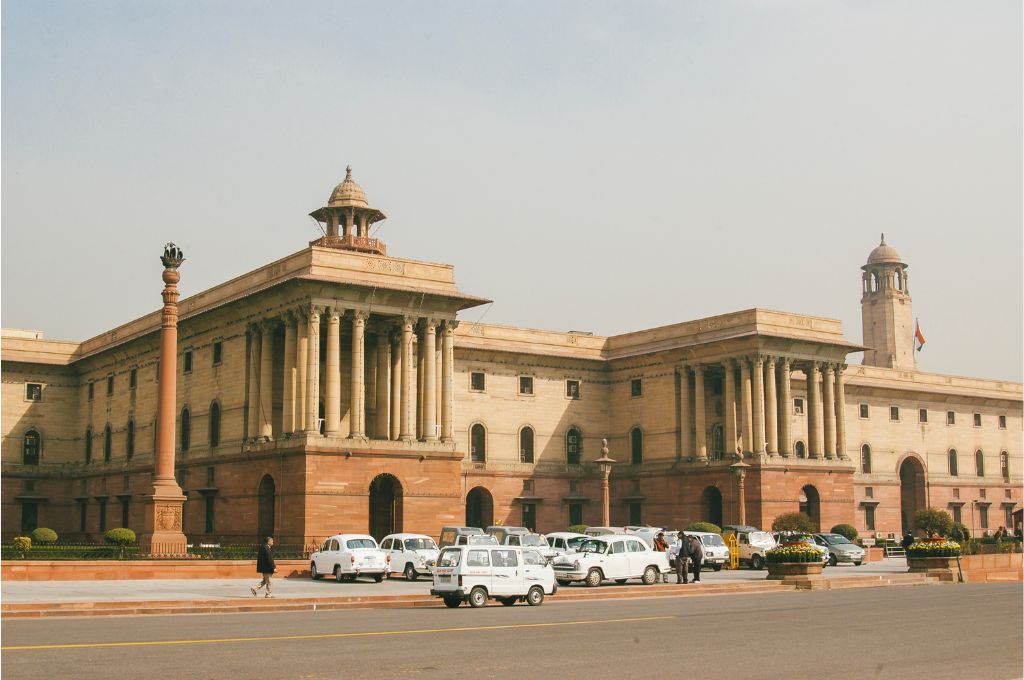Until early 2015, EdelGive, then just about seven years old, was in the business of grant-making with a venture philanthropy approach. We had begun to be known for three things: first, as a funder with an open and transparent relationship with its nonprofit partners; second, having a strong commitment to building their organisation capacity; and third, leading a fledgling yet dogged effort at building a collaborative network of funding partnerships.
Of these, pushing the collaboration agenda was particularly difficult because we had neither the credentials nor the ‘war chest’ of our more established peers. What we did have was in-depth knowledge of over 50 grassroots organisations in 13 states in India, robust due diligence, monitoring and capacity building processes, and a small group of like-minded donors co-funding our projects.
Pushing the collaboration agenda was particularly difficult because we had neither the credentials nor the war chest.
Despite this, we increasingly began to feel that we would not be able to, on our own, achieve the large-scale impact we desired. We were humbled by the realisation that we were attacking a long-term, complex problem that was way beyond our individual capacity.
Our early efforts at collaboration were marked by us hosting and leading discussions with funders, largely based on what may be best described as information-sharing and coordination.
It was a marvellous case of serendipity that two things happened later that year. First, there was increasing buzz around Collective Impact, with several case studies surfacing in Stanford Social Innovation Review. We were fascinated by its promise.
More importantly though, we got a chance to meet senior officials of Maharashtra’s education department, and see its vision document embodied in Pragat Shaikshanik Maharashtra or PSM.
PSM articulated the government’s vision to improve learning outcomes in the state through a set of 25 measurable metrics. There was however, an acknowledgement of the need for support of private players to supplement elements of PSM that the government wouldn’t be able to deliver.
This was mainly around capacity building of government functionaries (from the district education officer at the top to the kendra pramukh at the bottom). Such support, along with interventions in schools and communities, would make PSM robust and sustainable.
These early discussions with the Government of Maharashtra led to the creation of the EdelGive Coalition for Education or ECE in mid-2016.

Photo Courtesy: EdelGive Foundation
We took up four special focus districts (SFDs) of Maharashtra–Amravati, Gadchiroli, Nandurbar and Parbhani–through an MoU with the government, partnered with Kaivalya Education Foundation and Gyan Prakash Foundation as our implementing partners on the ground, and set ourselves up as anchor funders for a USD 7 million, 5-year project.
For Phase I of the project, which began in July 2016, Tata Trusts and SDM Trust are our funding partners.
The Coalition will work in 286 schools in the four SFDs and contribute directly towards enhancement in learning levels in language and mathematics for over 27,500 children. The project will provide on-field support for government officials at multiple levels in the education system, help them access and use education data for decision making, improve classroom processes and instruction, undertake demand-based teacher training and strengthen school-home linkages.
The building blocks
It is still early days but we believe that we have invested time and thought in building certain foundational structures necessary for successful collaboration:
There is a clearly articulated buy-in of the process and outcome from all the partners in the coalition. There is a desire to learn from the more experienced members and a willingness to engage in a long journey that is necessarily adaptive and involves adjustments over time.
We have worked very hard to put in place structures and processes of review, monitoring and communication. Operational and strategic review processes–planned and calendarised in advance–aids clear decision making and course correction. The structure also provides for an equal platform for all partners to communicate and contribute even as there is clarity and acceptance that leadership rests in EdelGive Foundation.
All of us understand the risks in social development and, therefore, the need for flexibility. There is no guarantee that known and recognised strategies are a fail-proof means of achieving impact. We may ignore unproven and untested ideas for change if we are short-term oriented. We are, therefore,open to the idea of adapting our strategies to changed circumstances and expectations, as long as we have had thoughtful conversations about them.
The hiccups
But as with anything new and collaborative, there are challenges too.
It is very difficult to convince funding partners of the efficacy of working with government. The risks perceived are high–any ‘regime’ change or political uncertainty is perceived as an impediment to speedy execution. We have tried to mitigate this risk by building strong local relationships at all levels of the government (such as district, block and beat) and with officials who believe in the value of the programme.
It’s difficult to convince funding partners of the efficacy of working with government.
For the implementing partners, despite their extensive experience, they’ve had to adjust to new geographies, especially the four SFDs, which are among the toughest districts in the country. This is compelling them to use the more unfamiliar ‘dial’ approach, rather than the ‘switch’ approach, which involves a gradual adjustment–piloting, testing, then adopting–rather than a full-scale implementation based on past techniques. That requires a lot of maturity in both the implementing nonprofits as well as the funders.
Finally, the importance of trust and respect among all partners cannot be emphasised enough. It is important as well as challenging to allow everyone’s voices to be heard and still be able to take decisive steps.
We recognise, however, that this is only the beginning of a long journey. The long-term goal post is to replicate the programme across several districts in Maharashtra and other states of India.
That will need new funding and implementing partners. It will involve building new relationships, learning from other collaborative efforts and refining the programme even as we deal with execution challenges on the ground.





